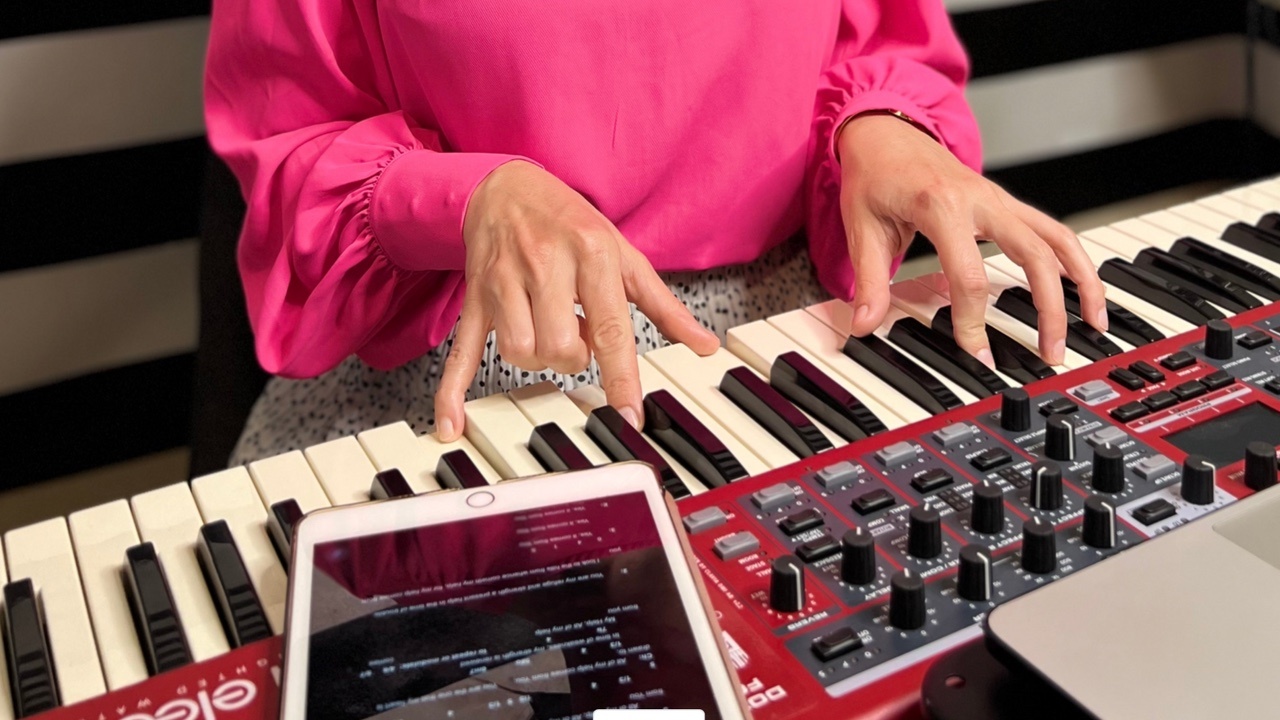Transitions
Jul 01, 2022
Here’s one of the BIGGEST MISTAKES I made in my early years of music ministry! I thought preparing for a good worship service was practicing the songs we were singing. Boy was I in for a shock!!!
This left me in a lurch trying to figure out:
What to do between songs.
How to open a service without it being awkward.
Avoiding silence when transitioning to prayer, preaching or another part of the service.
I remember sitting in one service in particular where 2 songs had just been sung. People were worshiping and the service was really moving, then all of sudden - THE PIANO PLAYER STOPPED PLAYING!!
I immediately looked up and then around at everyone else. We were all in shock, standing there trying to figure out what to do next. Was that a cue that we were supposed to stop and sit down?
Please keep in mind, I do understand that services are not all exactly the same. There may be times when corporate worship calls for no music. I also understand that at the heart we should be worshipers with or without music.
God uses music as a tool to usher in the presence of God and that’s biblical.
It was while the musician played that the Lord moved.
This is why you feel those moments in service where something isn’t flowing. As a musician you are a channel for God’s spirit to flow through.
Now you understand why I can’t stop talking about transitions.
Here’s why transitions in a worship service matter:
- The way music flows helps people focus. It’s the same reason you may listen to worship music while you pray, so you can get in the zone.
- It prepares people for what’s next. When you start the intro to the next song it’s a signal to get ready to worship again. If you bring the music down for announcements, it’s a signal to listen.
- Transitions create momentum. It helps the service transition smoothly. Starting the intro to the last song as the offering prayer is ending will create a smooth segue back into worship.
- It helps you follow the spirit. The musicians are sitting ready. So when the spirit moves they can easily follow.
I hear from a lot of people who are frustrated with thinking songs they play sound bland. From Verse 1 to the bridge it all sounds the same. This is because the transitions that happen in songs are a vital part of leading the congregation in worship.
- Start on Verse 1 by padding the chords. That means play the chord and let the sustain pedal hold the chord until it’s time to change.
- When you get to the chorus and Verse 2 start adding a little more movement and volume.
- At the bridge or highest point of the song, give it all you’ve got. Play loud, add fills and change up your right hand inversions.
I have found that you really have about 2 seconds to move or flow with the spirit before it feels like you missed the moment in a service. To give an example you might relate to; remember a song you’ve done that seemed to go over very well. After it ended you felt to go back into the bridge, but you second-guessed yourself. So you waited. And waited a little more. You finally decided to do it but it kind of fell flat. Now imagine the time you felt the same urge to sing the bridge, so you immediately did it and the service exploded. This was the result of being ready and willing to transition back into the song.
Things that made us start practicing transitions during soundcheck.
- If we didn’t practice transitions it was going to flop during service. One of the musicians would be unclear about the intro and come in too soon causing a distraction.
- Worship leaders would say the weirdest things during service like “I know nobody’s here but we can still worship!”
- We realized how much better the service flowed. We weren’t having to prime the congregation every time we sang a song, they were in a constant state of “ready to worship”.
If you’re still not convinced that transitions matter, think of the time the praise team missed their cue to sing the bridge so they just stood there. It felt awkward and you probably wanted to crawl under the pew instead of lose yourself in worship. Remember the time that the musicians botched an ending and you were totally distracted. You may have seen a few snickers or wanted to laugh yourself. Every ounce of wanting to worship was gone. Practicing isn’t about performance, it’s about being comfortable enough to lead skillfully in your gifting.
If it's been your dream to play the piano but you don't know where to start. Join My Free Jump-Start Piano Lessons.




